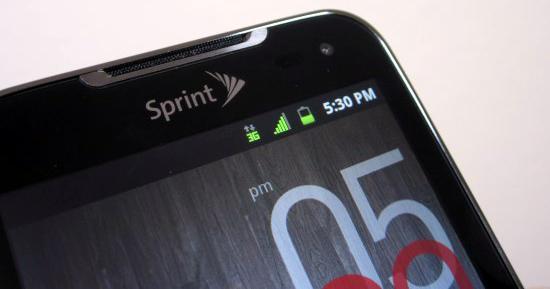
One of the biggest rumors floating around the wireless world recently is that SoftBank and Sprint may try to acquire T-Mobile in 2014. Apparently that's not the only big change that Sprint's got up its sleeve for next year, though, as a new report claims that Hesse and Co. have some major branding moves planned for 2014 as well.
According to sources speaking to TechCrunch, Sprint is planning to combine Boost Mobile and Virgin Mobile into a single service known as "Sprint Freedom." Details on the change are light, but it's said that Sprint intends to go through with the rebranding effort sometime in the first quarter of 2014. Both Boost and Virgin are prepaid brands that run on Sprint's 3G and 4G networks.
In addition to the merger of Boost and Virgin, Sprint is reportedly considering reviving the Nextel brand that it dropped earlier this year. The new Nextel is expected to replace Clear and target business customers with "premium" plans and devices, including two hotspots and three tablets that will be able to access the Sprint Spark tri-band 4G LTE service. On the rate plan side of things, it's said that Nextel will offer unlimited data for hotspots with prices tiered by speed as well as new group plans.
Overall it sounds like Sprint's got some pretty ambitious plans for early next year. The news that Boost and Virgin may be combined into one unit is a big deal because of the differences in the offerings of the two services, and it'll be interesting to see how Sprint handles combining these two brands and their different plans. We'll also have to watch what happens with Sprint As You Go, the prepaid service that the Now Network launched back at the start of 2013. Meanwhile, the revival of the Nextel brand is major news as well, but it could be a good way for Sprint to attract business customers, which is a group that was a big focus for Nextel back in its heyday.
What do you make of today's rumors? Do you think it'd be wise for Sprint to combine Boost and Virgin into one unit and bring back its Nextel brand?
Via TechCrunch